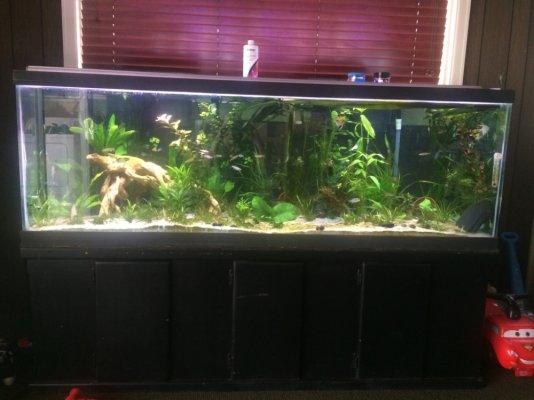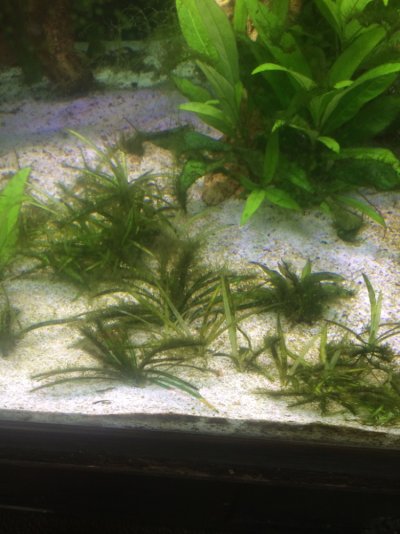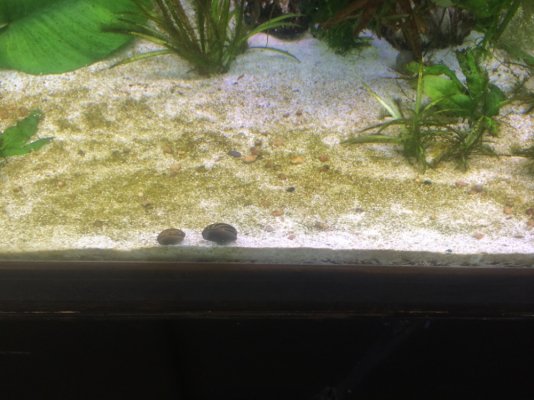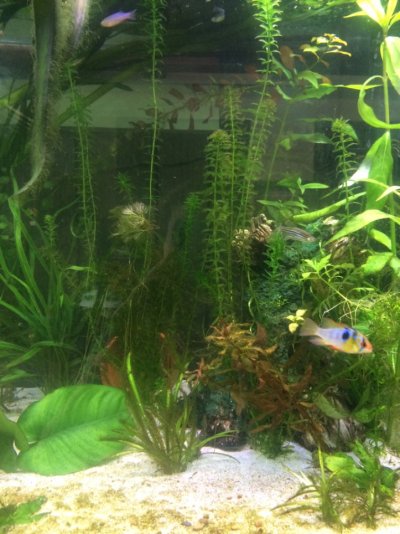emilygupps
Aquarium Advice FINatic
Mostly, I want to vent, and I'm hoping some one will have an answer for me, if not, please tells others are in this annoying place too.
The 180 is my problem child. We're testing water every day, since Sunday, and have done 5 water changes %75 sun, %25 Monday, rest tues, %50 Wednesday, and an other %25. We recently switched to the master kit from the strips which have been giving up 10-20ppm readings. Now, with the master on Sunday we were off the charts 160ppm. By last night we were down to 40ppm. And yesterday we found 2 dead khulis. One had been dead a while. It was all fuzzy.
We are battling algae. And the gbr hunger games. Will duck weed pull out some of those nitrates? I'm heavily planted. Omg. I know we will survive this. I just don't want to lose any more of the delicate fish. The danios of course seem unphased.
Sent from my iPhone
The 180 is my problem child. We're testing water every day, since Sunday, and have done 5 water changes %75 sun, %25 Monday, rest tues, %50 Wednesday, and an other %25. We recently switched to the master kit from the strips which have been giving up 10-20ppm readings. Now, with the master on Sunday we were off the charts 160ppm. By last night we were down to 40ppm. And yesterday we found 2 dead khulis. One had been dead a while. It was all fuzzy.
We are battling algae. And the gbr hunger games. Will duck weed pull out some of those nitrates? I'm heavily planted. Omg. I know we will survive this. I just don't want to lose any more of the delicate fish. The danios of course seem unphased.
Sent from my iPhone





 )
)